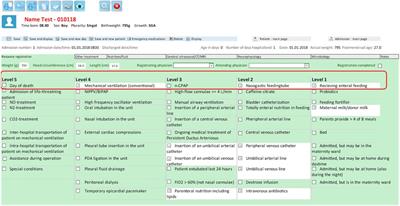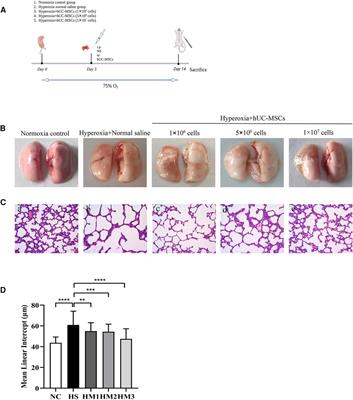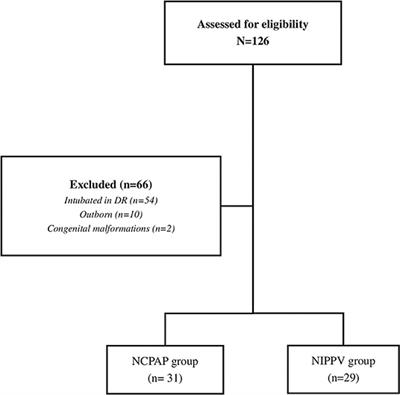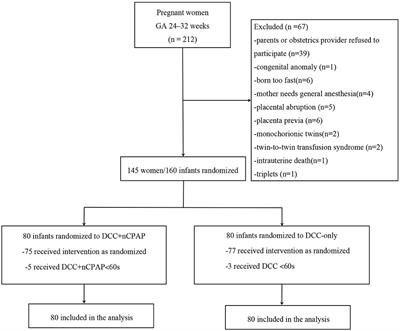ORIGINAL RESEARCH
Published on 17 Mar 2023
Associations between unit workloads and outcomes of first extubation attempts in extremely premature infants below a gestational age of 26 weeks

doi 10.3389/fped.2023.1090701
- 1,724 views
2,793
Total downloads
11k
Total views and downloads
You will be redirected to our submission process.
ORIGINAL RESEARCH
Published on 17 Mar 2023

ORIGINAL RESEARCH
Published on 08 Mar 2023

ORIGINAL RESEARCH
Published on 25 Apr 2022

ORIGINAL RESEARCH
Published on 25 Apr 2022

ORIGINAL RESEARCH
Published on 31 Mar 2022

